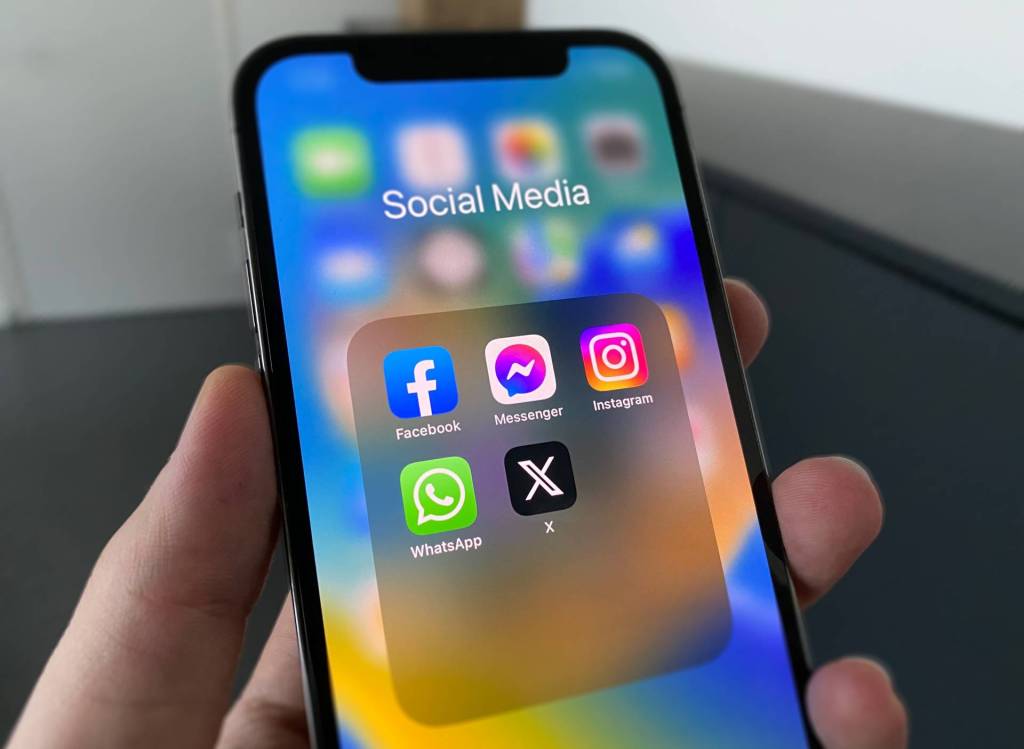The web, in general, has always been a positive place for personal branding. No one is going to write someone else a negative LinkedIn recommendation, and even if they did, it doesn’t have to be accepted and published. Most people aren’t going to speak poorly of another individual in a public saying because it makes them look bad as well. They are easily identifiable based on their name, picture and language, and their negative comments are search-able. But, you will always have critics, trolls, and other types of people who seek to do you harm online, but those opinions are typically washed away by the power of community.
On November 23rd, 2009, I wrote a post called “The Personal Brand Marketplace of the Future.” I knew that the future would be different for our brands because the world isn’t full of care bears, rainbows, and peace. There are wars, robbery, rape, violence, etc. The online world is a complete representation of the offline world. There are also a lot of people who want to see you fail, who talk behind your back, and who will sabotage you, whether they are your competitors or not. That is how life is, and now the web is starting to move to complete transparency and “truth,” so I’m not surprised that a new site called Unvarnished is about to launch.
People trust recommendations
It won’t surprise you that people trust other people, especially if they are your friends or family. You would trust your mother over some random person from Alaska, but you might still trust that person if they are an expert or used a product or a service that you’re interested in. The following research proves just how important recommendations are, especially online where people are searching for reviews before they make a purchase. You will always trust a third party over a company just like how you’ll trust PR over advertising. You know the company is trying to make a sale, but if someone else recommends that product, it carries more weight.
- 90% of consumers online trust recommendations from people they know; 70% trust opinions of unknown users. (Econsultancy, July 2009).
- 85% of people tell their friends when they have a problem with a brand (eMarketer, March 2010)
- 83% of online shoppers said they are interested in sharing information about their purchases with people they know, while 74% are influenced by the opinions of others in their decision to buy the product in the first place. (Manage Smarter, September 2009)
- 67% of shoppers spend more online after recommendations from online community of friends. (Internet Retailer, September 2009)
- 42% trust word-of-mouth recommendations (eMarketer, May 2009)
Unvarnished: An online resource for building, managing, and researching professional reputation.
Online reviews and your personal brand
The more money a product costs, the more time people will spend actively researching it. If a product has received one hundred negative reviews, the consumer is going to be suspicious and might seek a similar product elsewhere. This typically occurs for products of all kinds, regardless of brand, and brand names do have an advantage because consumers already trust them. Online reviews have taken many forms, from consumer reviewing products on a flip camera and then uploading them to YouTube, to a simple 140-character tweet review.
Websites that offer product / service reviews
- Glassdoor.com – You can review your experiences working at a company anonymously. CEO’s are also given ratings in the same fashion. They usually receive a lot of negative reviews from people who have gotten fired or laid off too.
- Yelp – You can review restaurants, bars, schools, hotels, stores, and a variety of other places. Users aren’t anonymous on Yelp, and they are rated on how helpful they are.
- Amazon – You can review books, kindle editions of books, DVD’s, CD’s, toys, electronics, clothing and more. You don’t have to actually own the product to review it, as long as you’ve made at least one Amazon purchase.
- Rotten Tomatoes – You can rate movies and establish your own online profiles.
- NEW Unvarnished – You can rate people anonymously.
When you rate a product or a service, that might hurt a company, but few individuals take it to heart. When you rate the average person, that’s when feelings get hurt. Calling someone ugly, fat, annoying, or making fun of them in some other way, can have a devastating effect on them. Unvarnished is about to turn the recruiting, career, and reputation game on it’s head and there’s no going back!
Unvarnished reviews personal brands
When Unvarnished launches, everyone in the world will be held accountable for their brands on it, and it will force everyone to search their name online much more often. You will also have to claim your profile page before someone else does for you. As you can see from this screen shot, taken from TechCrunch.com, people get reviewed based on skill, productivity, relationships and integrity. If you have a bad rating, the system allows youto invite your friends to post positive ratings and comments. Just like Amazon.com, and the Google search results for your name, you can’t remove negative comments from your profile. This makes them more legitimate, yet poses a threat to people who either should get bad reviews, or has people who disagree with them.
The workplace is an environment, where many interactions and experiences occur. If you have a bad manager, you could give him a negative review, which will hurt his brand forever (or as long as this site exists). They may know it’s you if it’s the first published review and you’re the only person they manage. Would you hire a person who received a poor review on this site? You probably won’t unless you already know, like, and trust them. The key here is that people will judge you based on what’s observable online and more and more people do research before they go on dates, or do business deals, so you better make sure you have your head around this site.
Your turn
What are your feelings about Unvarnished? Do you fear it?












